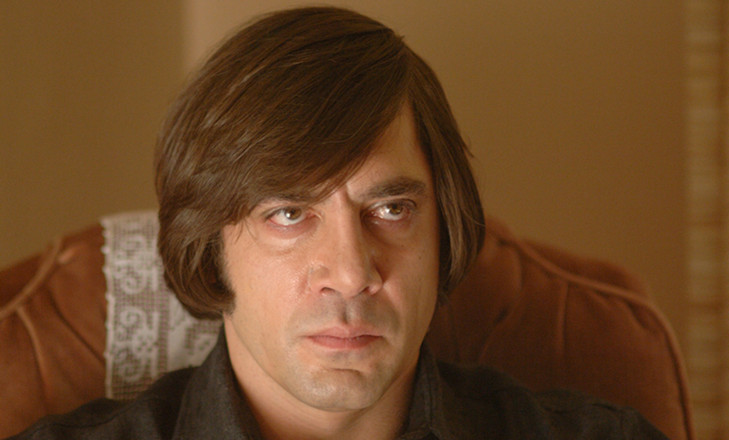
Thrillers make us sweat, bite our nails, lose our sleep and skip a heartbeat… and yet audiences have been drawn to them ever since they exist. So what is it about the thriller genre in particular that makes us desperately crave them? They come in different shapes and forms, but one thing is for certain, there’s nothing that comes close to the adrenaline rush of watching someone being chased by a murderer, piecing together a labyrinthine mystery or saving the day from an imminent threat.
One man who knows a thing or two about them is Denis Villeneuve, a name that is now synonymous with the genre of science-fiction thanks to a string of epics like Arrival, Blade Runner 2049 — soon to be joined by his upcoming adaptation of Dune. The fact that he’s emerged as the leading man in the genre — and in cinema as a whole for that matter — is completely warranted. After all, it’s hard to come up with a director who had a more prolific decade than Villeneuve, who has not only endured Hollywood’s risk-averse studio system but is thriving in it.
But long before he revitalized the science-fiction genre, Denis Villeneuve took the world by storm with some of the most hard-hitting thrillers in recent memory — from Incendies and Prisoners to Enemy and Sicario. As a master of his craft with a bright future ahead of him, there’s no better time than now to recollect some of his favorite movies in the genre.
From widely celebrated cultural tentpoles to neglected cult films that deserve a bigger spotlight, let’s go through ten great thrillers favored by the French-Canadian auteur.
1. No Country for Old Men (2007)
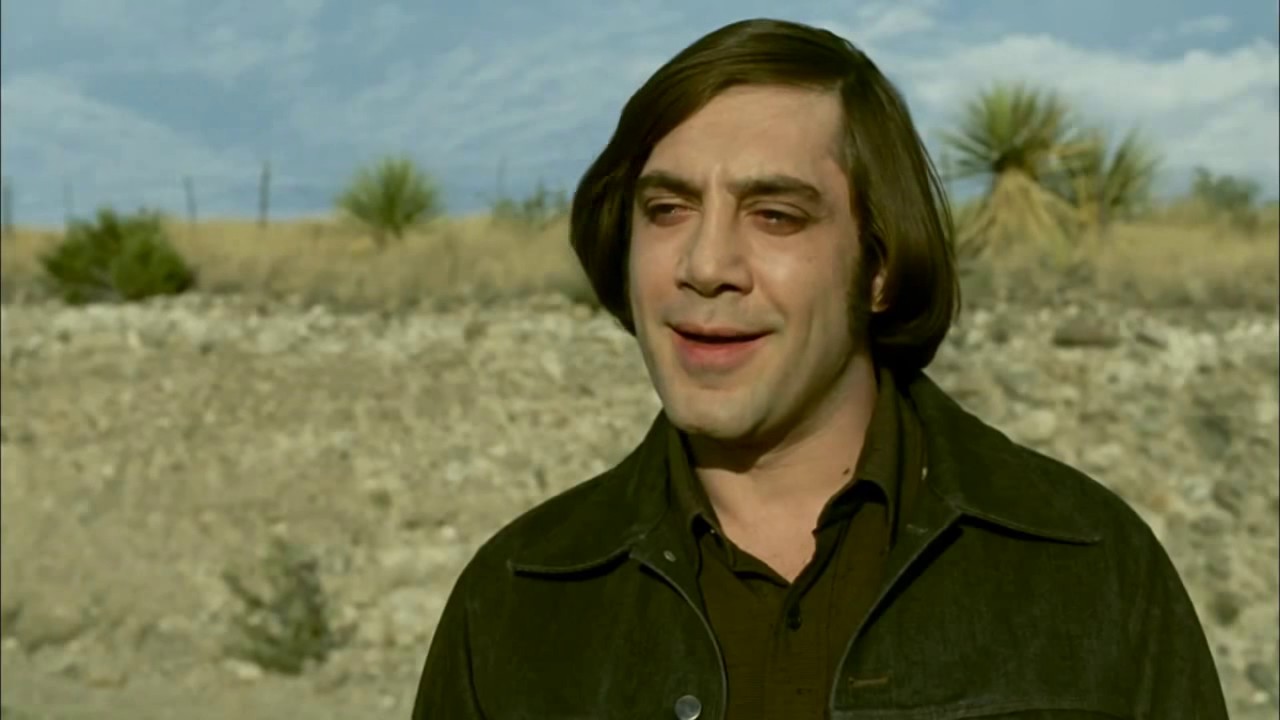
Lists are for groceries. At least that’s what Villeneuve claimed during a recent interview for the New York Times where he was prompted to crown his favorite movie of the century. However, one of the first two that instantly came to his mind was this hard-boiled thriller courtesy of the Coen Brothers — the other being another instant classic from 2007, Paul Thomas Anderson’s There Will Be Blood.
A cinematic behemoth like No Country for Old Men needs no introduction, and it hardly comes as a surprise to see it make the cut, especially for a director like Villeneuve who’s made his own string of gut-wrenching, nihilist thrillers. Game recognizes game, and the French-Canadian had nothing but praise for the Coens’ nerve-wracking drama, admitting that certain shots in the movie “went directly through my skull” — particularly the image of the policeman’s boots making dark marks on the floor as he’s being strangled by Javier Bardem – which has haunted him ever since.
For all their goofball comedies and quirky dialogue, you’d be hard-pressed to find a more unsettling and iconic villain in recent memory than the one the Coens brought to life in Anton Chigurn, a morally indecipherable, brutal force that can’t be bargained with.
2. Vertigo (1958)
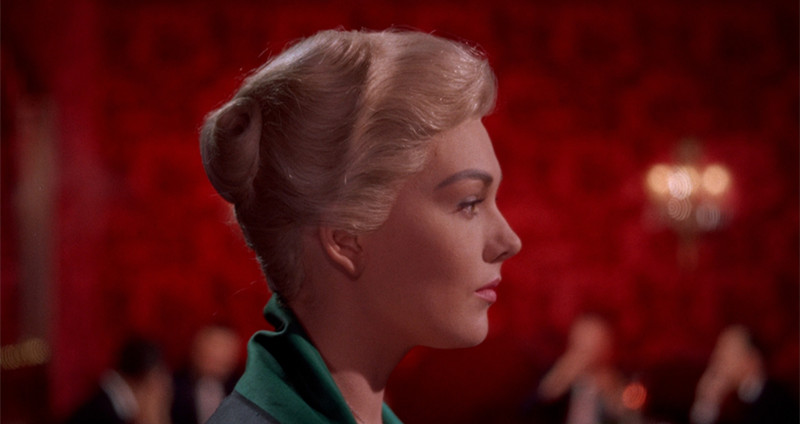
With all due respect to the other nine films, no list of thriller movies would ever feel complete without one by the master of suspense himself. Come to think about it, is there any director that comes close to Alfred Hitchcock in terms of single-handedly reshaping the way thrillers — let alone movies — are conceived? Take any film released in the last fifty years and chances are you’ll be able to trace it back in one way or another to his ageless classics.
So, what exactly sets Vertigo apart from the rest of Hitchcock’s nail-biters? On the surface, it checks off all of his common trademarks; it has the murder, the iconic locations, the blonde, razor sharp tension and a captivating score. But once the big plot twist is revealed, the movie offers a whole new dimension where Hitchcock pours himself and his personal shortcomings into the main character.
Speaking of movies who owe a thing or two to Vertigo, look no further than Enemy, Villeneuve’s puzzling mystery starring (two) Jake Gyllenhaal(s). During a promotional interview, Villeneuve credited Hitchcock’s classic for providing the blueprint to his film, praising it as one of his favorites of all time for the way it “provokes and plays with the audience, confronting you with images that make you react”.
3. Caché (2005)
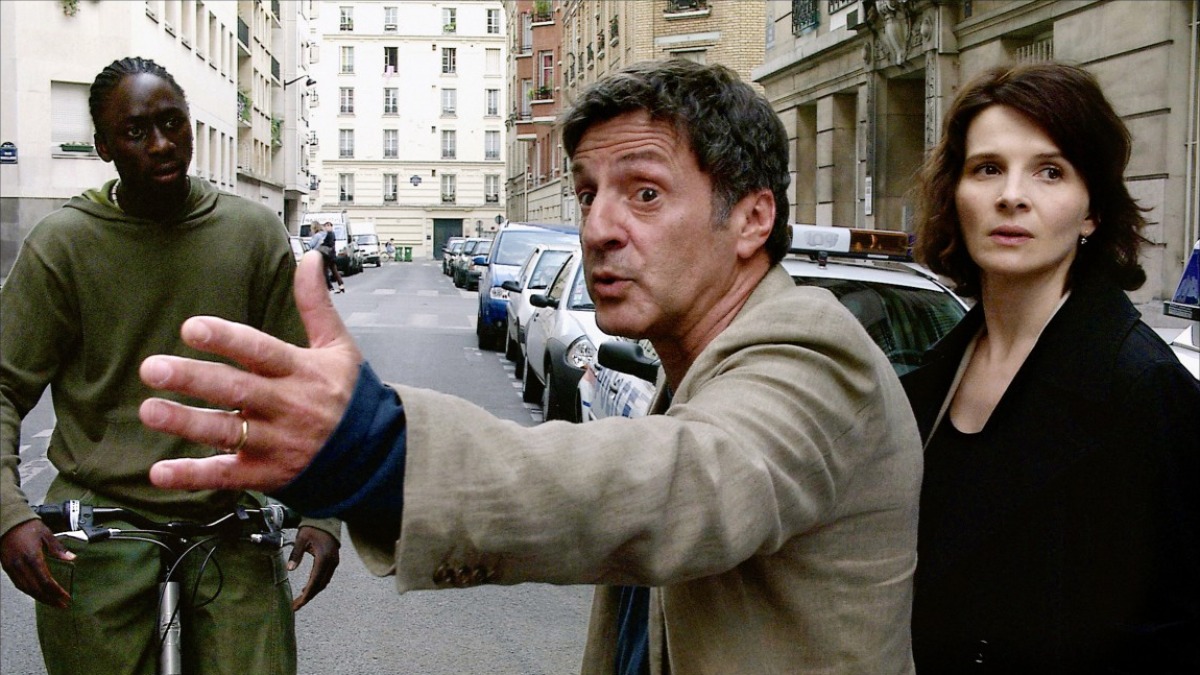
The real conflict in several of Villeneuve’s films comes not only with their overarching plots but through the inner turmoil of their characters as they personally come to terms with their own past. For the most part, these characters suppress their memories as an emotional buffer against residual trauma — be it an unbearable loss (Arrival), the horrors of a civil war (Incendies) or the lingering regrets of abortion (Maelström).
In a similar way, Michael Haneke’s iconoclastic thriller explores the correlation between inhibiting past experiences and the subconscious guilt that builds from it. The movie follows a bourgeois middle-aged man who’s suddenly triggered by anonymous videotape recordings of himself planted in his front porch. This forces him to reassess and confront his neglected past and all the emotional baggage that comes with it.
You can take Caché at face value and be enthralled by its puzzling plot, but it happens to be a richly layered movie that’s better appreciated as a subtle examination of collective guilt, colonialist prejudice and class warfare.
4. Dogtooth (2009)
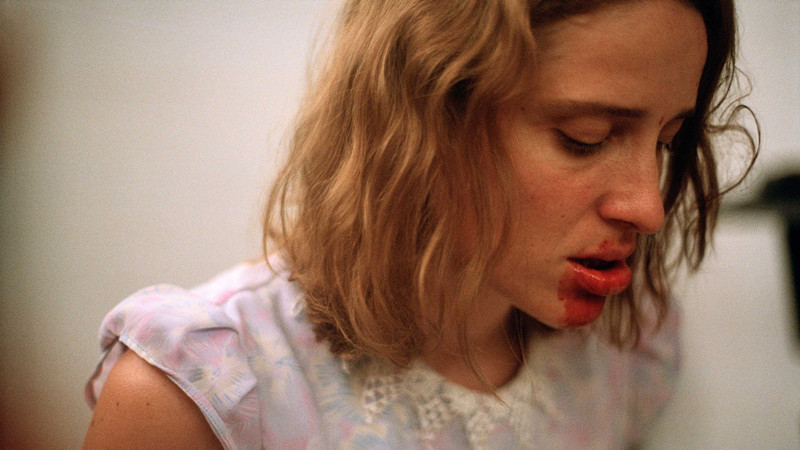
Anyone acquainted with Yorgos Lanthimos will know by now that trying to come up with a proper synopsis for any of his films is a futile exercise doomed to fail. No plot summary can pay justice to the uncanny vibes and dreadful awkwardness that you experience whenever you put on a Lanthimos’ movie. Each of his four major works have one common denominator — the unshakable feeling that something is off, from the satirical absurdism of The Lobster to the nightmarish crescendo of The Killing of the Sacred Deer.
Dogtooth drops us in the middle of a deranged household where three adult children have been brainwashed by their uber-controlling parents, doomed to live within the confines of their house away from the outside world. Villeneuve referred to Yorgos’ bizarre thriller as “one of the most refreshing things I’ve seen in a long time”, claiming he’s still “laughing at the crazy adults running to catch airplanes falling into their garden, because their father convinced them that they were fruit dropping from the sky”.
If you’re ready to go down the rabbit hole of disturbing cinema — the type deliberately designed to make your skin crawl — you could do much worse than Dogtooth.
5. Seven Samurai (1954)
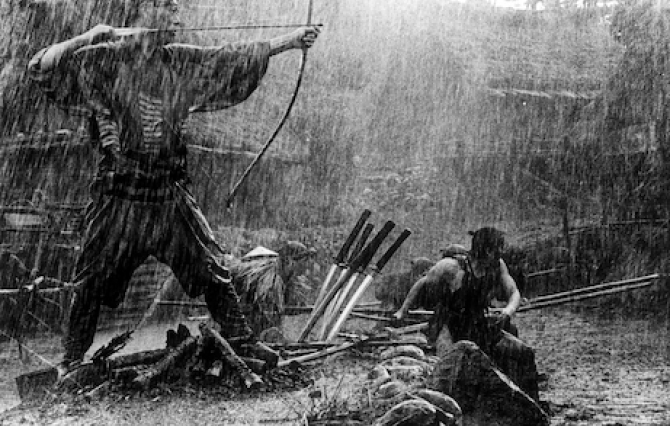
Is there anything left to say about Akira Kurosawa’s masterpiece that hasn’t been repeated ad-infinitum? Almost a century-worth of praise and countless of subsequent imitators more than speak for itself as one of the greatest and most celebrated movies of all time.
Seven Samurai is an epic in all senses of the term, the type of movie so gargantuan in scope and overwhelming in narrative that it washes over you until you slowly begin to process what you’ve just sat through. This period drama kickstarted the whole team-up film trope that has been endlessly imitated ever since, but only a handful can offer something close to Kurosawa’s perfect blend of action sequences and flawless characterization.
There’s a lot to love about this ageless tale of bravery and classism, but the biggest inspiration for Villeneuve came in the way the movie “stretches time just long enough to create the necessary tension”, something he tried to replicate in Sicario. “One of my favorite scenes is where you have two samurai waiting for thieves to pass by. They’re waiting. They know the thieves are coming and that violence will arrive soon. Nothing is happening, yet people are on the edge of their seats!”.